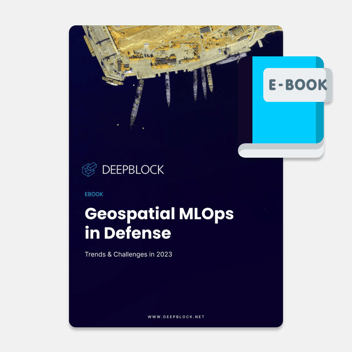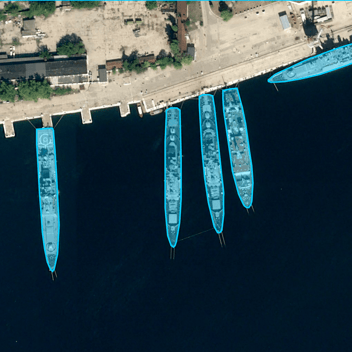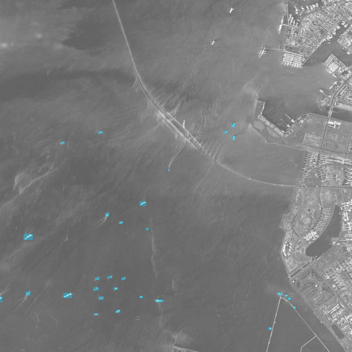[EBOOK] Practical Guide to Geospatial AI in Cities.
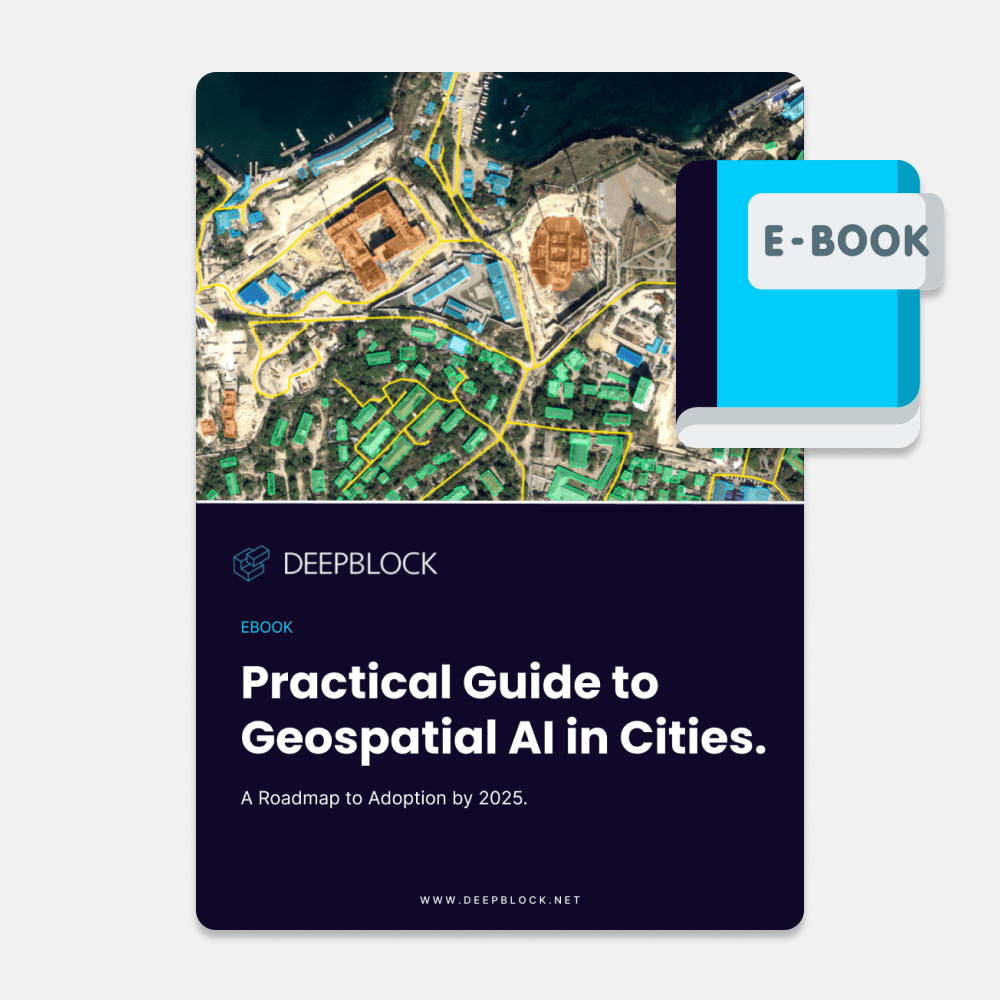
Geospatial data and machine learning are two transformative technologies revolutionizing the field of urban planning and smart cities. The convergence of these technologies has given birth to a groundbreaking discipline known as Geospatial AI and Geospatial MLOps (Geospatial Machine Learning Operations). Geospatial MLOps empowers urban planning organizations, decision-makers, and key stakeholders to develop cutting-edge AI models. These models enable analysts to process vast amounts of geospatial data, empowering city planners to make informed decisions and drive sustainable urban development.
The adoption of geospatial AI solutions in cities is becoming increasingly critical due to various global challenges. Climate change is causing more frequent and severe natural disasters, putting cities at greater risk. Rapid urbanization is leading to increased pressure on infrastructure and services. Additionally, the need for data-driven decision-making is becoming paramount in addressing these challenges effectively.
By acting before 2025, cities can position themselves strategically to leverage the power of geospatial AI and tackle these pressing issues. The urgency lies in the potential benefits that geospatial AI offers, such as improved urban planning, enhanced disaster management, optimized resource allocation, and more efficient decision-making processes.
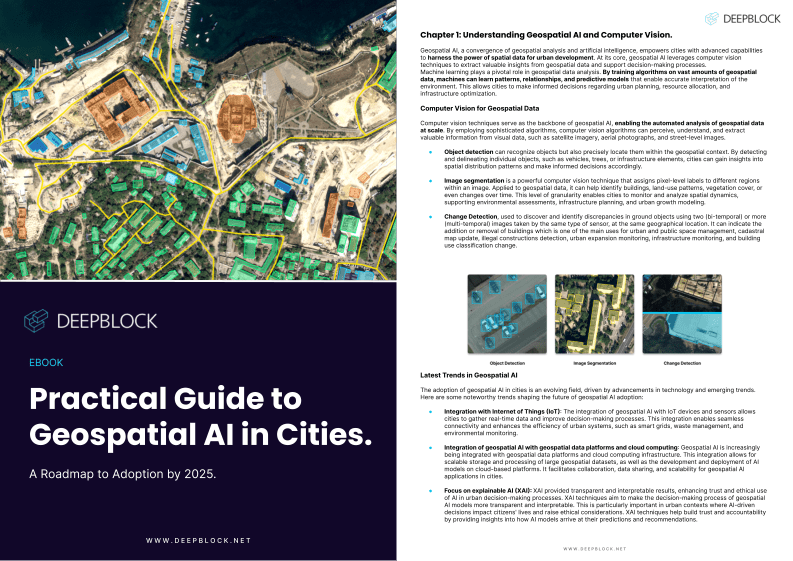
Download the EBOOK
At Omnis Labs, the company behind Deep Block, our steadfast vision is to actualize a future where artificial intelligence is not a far-fetched idea, but a ubiquitous reality. We fervently believe that everyone should have the opportunity to delve into the realm of AI and construct their own models. To that end, we are pioneering one of the foremost AI collaborative ecosystems. Our mission is to empower individuals and businesses alike to seamlessly harness the power of AI and revolutionize the way we live, work, and interact.
I hope you have a great read and that this ebook helps you shed a light on new and fascinating AI technologies.
Summary
- Chapter 1: Understanding Geospatial AI and Computer Vision.
- Chapter 2: Benefits and Opportunities in Geospatial AI Adoption.
- Chapter 3: Use Case of the City of Seoul.
- Chapter 4: The Challenges of Geospatial AI Adoption in Cities.
- Chapter 5: Geospatial MLOps - Enabling Easy Adoption of Geospatial AI.
- Chapter 6: Geospatial AI Roadmap - Before Starting.
- Chapter 7: Geospatial AI Roadmap Part 1 - Defining a Timeline.
- Chapter 8: Geospatial AI Roadmap Part 2 - Data Acquisition Strategies.
- Chapter 9: Geospatial AI Roadmap Part 3 - AI Model Training and Deployment.
- Chapter 10: Geospatial AI Roadmap Part 4 - Integration with Urban Systems.
- Chapter 11: Conclusion - Lessons Learned from Successful Implementations.



